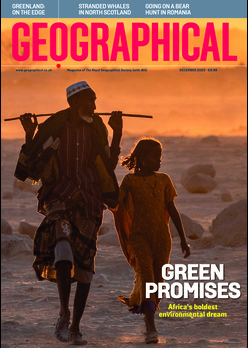
Johan Eklöf shows how vital darkness is in our overly artificial world
Review by Olivia Edward
Rousseau, the 18th-century philosopher, didn’t believe that God approved of street lighting. He thought that humans risked losing their souls in an overly artificial world. Johan Eklöf shows that we aren’t the only ones at risk of loss in our ever-lightening world.
As an example, he tells the story of some Gothenburg University research that looked at the interactions between moths and bats. Using a small ultra-sonic generator, scientists replicated the high-frequency sounds made by bats and were thus able to control the behaviour of moths, which have evolved acute hearing in order to be able to evade the bats that prey upon them. With a click of the button, the researchers could cause the moths to dip or loop, or turn on a sixpence. But as soon as their environment was lit, the moths became completely deaf to the fake bat sounds. Scientists believe it’s because their usual diurnal predators are birds, so their evolved ultrasonic hearing is effectively ‘switched off’ under light. As a result, moths under street lamps are liable to be helplessly gobbled up by bats.
It’s just one example of dozens in this book that show how vital the darkness is to so many creatures and plants. Around half of insects are nocturnal – relying on the night to feed and mate – and most mammals are either crepuscular or nocturnal (primates are unusual in their liking of the light), while many fish and birds make their long-haul migrations at night. Add in the electric light bulb, which was only invented 150 years ago, and dire consequences ensue. Male glow worms mistake distant cities for a throng of lit-up females and never find a mate; moths starve to death waiting for a night that never arrives in cities; and tiny sea turtles waddle up to brightly lit restaurants on beaches, mistaking them for the horizon and never making it to the sea.
This book is frustratingly referenced but its message is clear and stirring – the dark is necessary and we continue to dilute it at the Earth’s peril.




